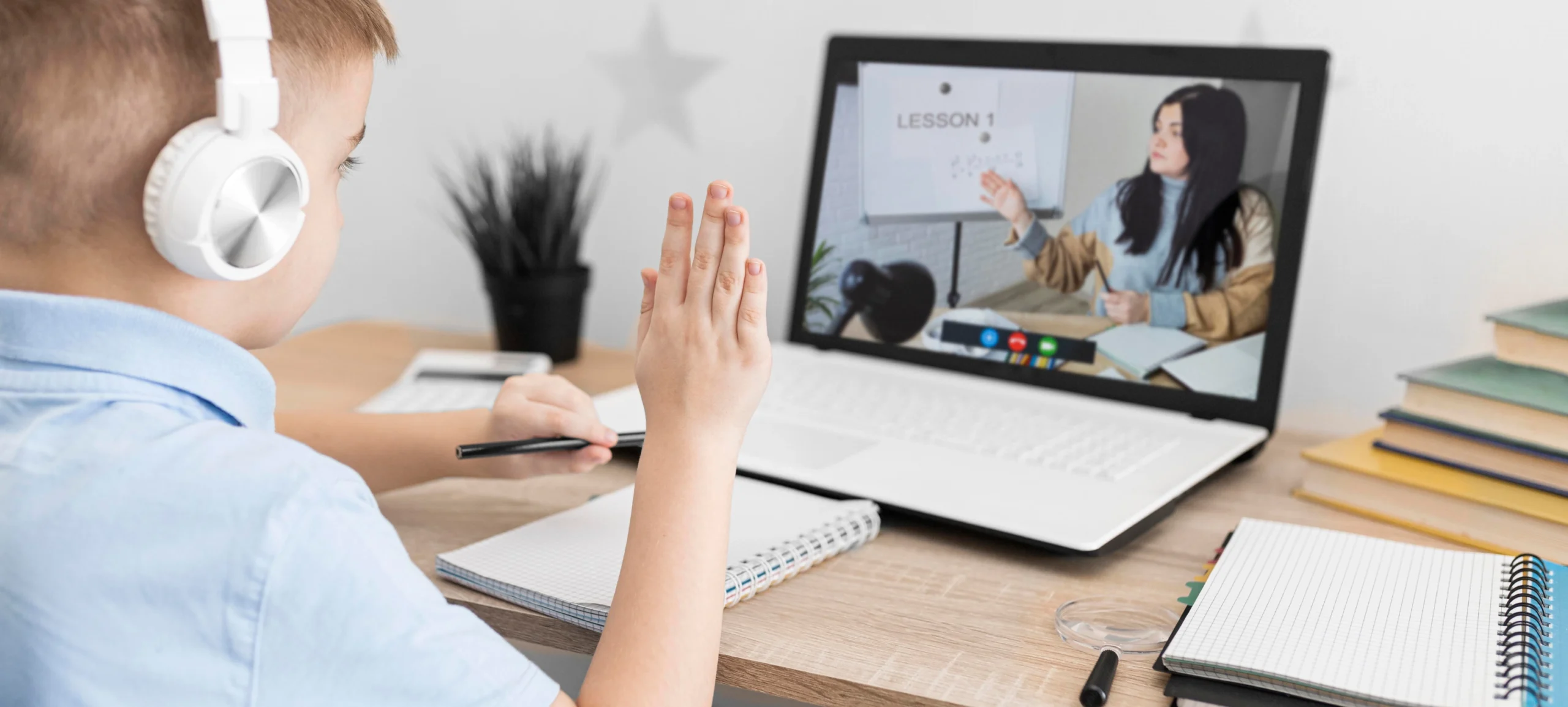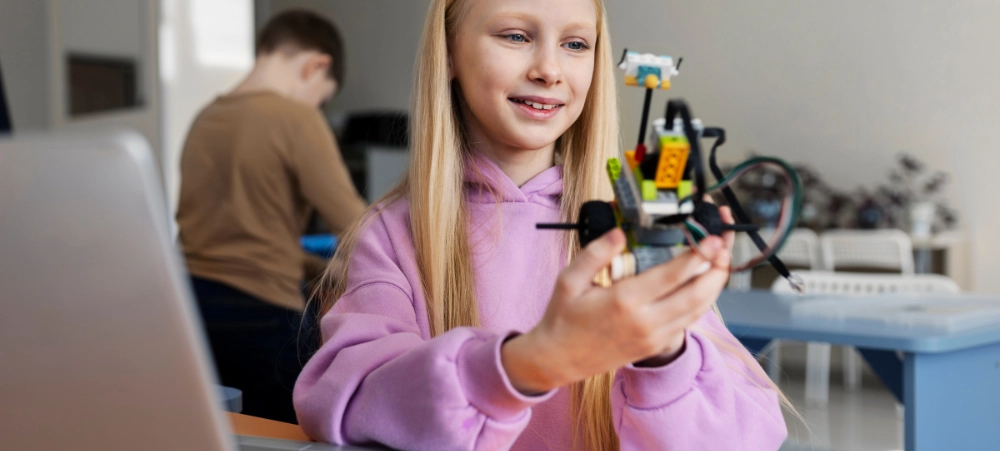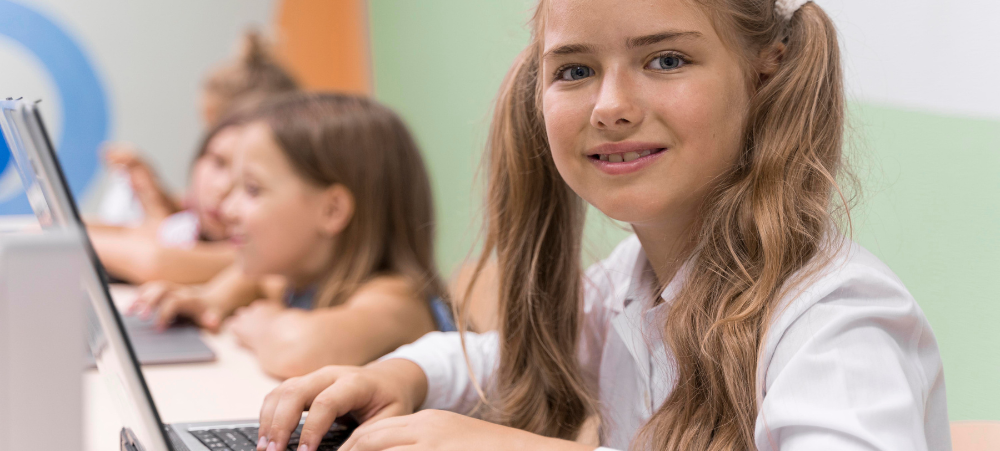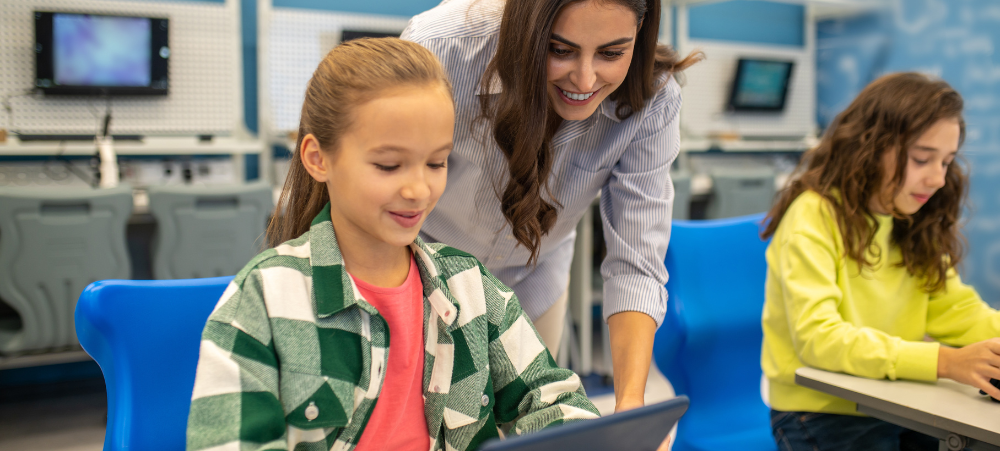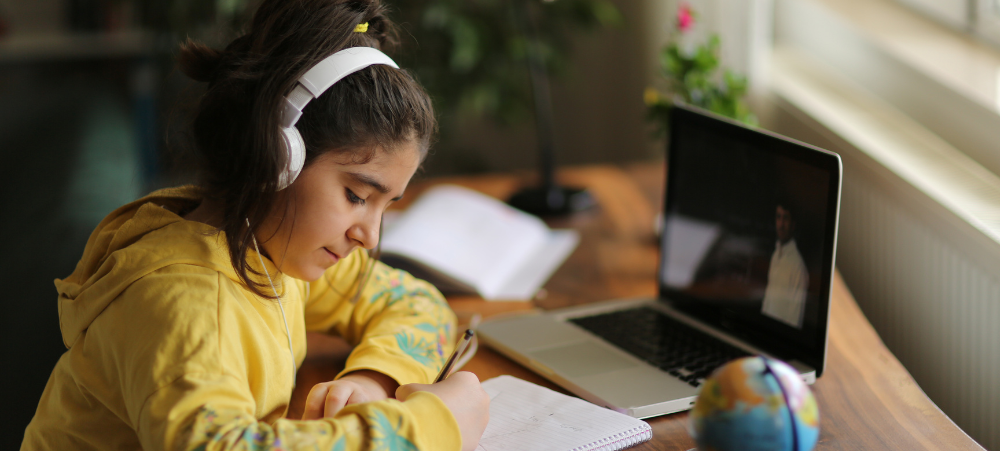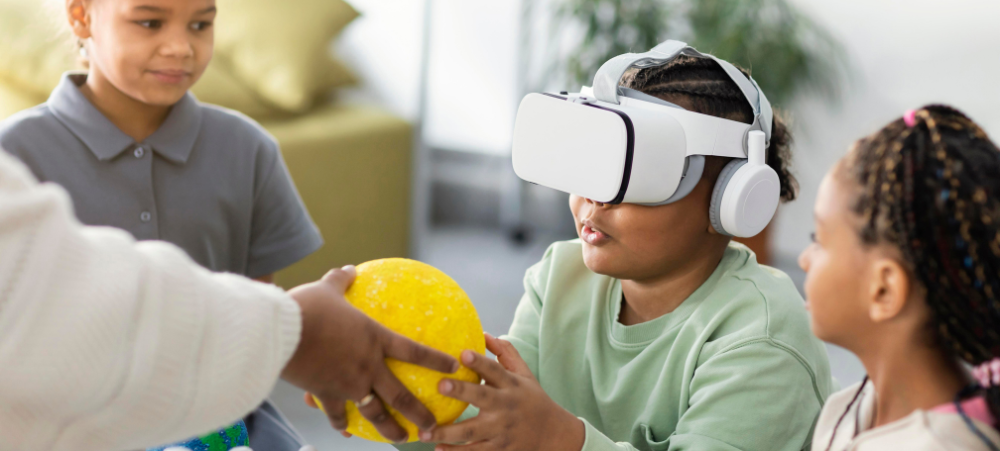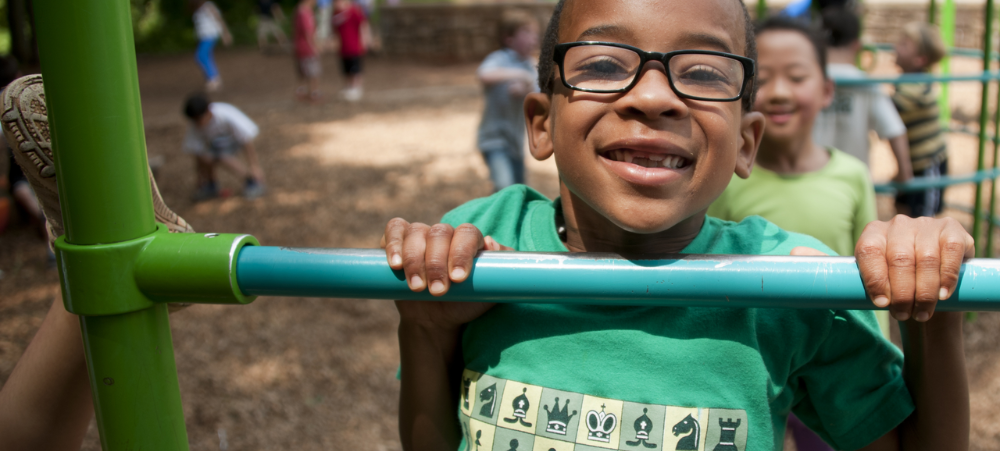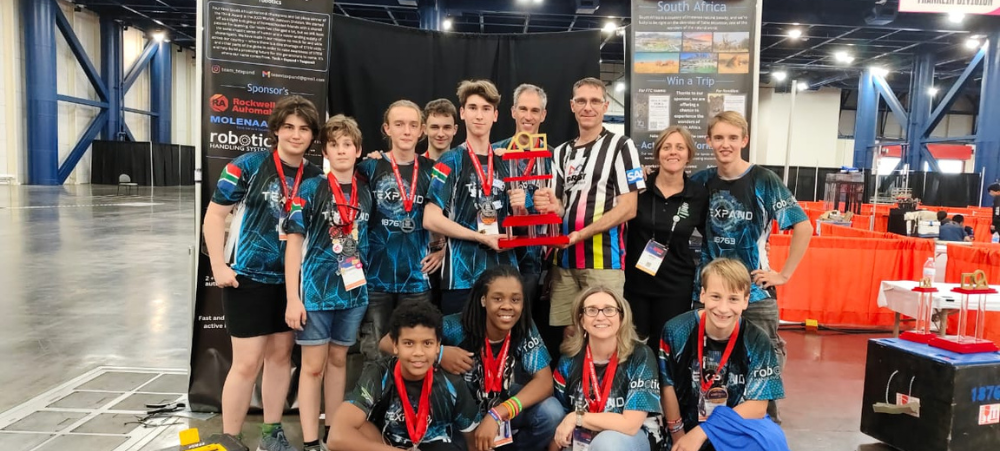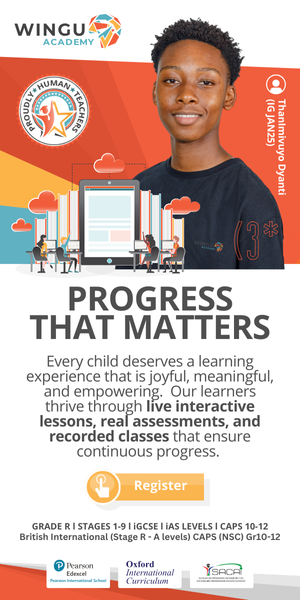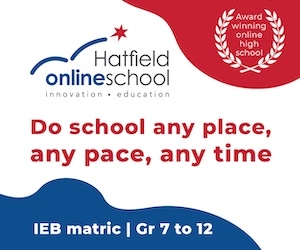
Why Homeschooling Is Becoming the Preferred Choice for Many Families
In recent years, homeschooling has seen a remarkable rise in popularity, with families around the world re-evaluating how they approach their children’s education. What was once considered a niche option has evolved into a mainstream alternative, appealing to parents seeking a personalised, flexible, and values-driven learning experience. Online schools like Wingu Academy have become trusted partners in this journey, blending the benefits of homeschooling with structured, globally recognised education. This article explores why homeschooling is gaining momentum, the challenges families face, and how Wingu Academy provides a seamless and supportive transition for families embracing this approach. The Rise of Homeschooling: Why Families Are Making the Switch Personalised Learning for Every Child Every child learns differently, yet traditional classroom settings often rely on a one-size-fits- all model. Homeschooling empowers parents to tailor their child’s education to suit individual strengths, weaknesses, and interests. This personalised approach not only boosts academic performance but also nurtures a love for learning. At Wingu Academy, this philosophy is at the core of its personalised education pathways, which use diagnostic assessments to customise learning plans. One parent noted, “Wingu has transformed how my child learns. The teachers understand her pace and adapt to her needs, something that was missing in her previous school.” Flexibility to Suit Modern Lifestyles Homeschooling offers families unparalleled flexibility, allowing students to learn at their own pace and adjust their schedules around personal or family commitments. This freedom is particularly appealing to parents who travel frequently or those whose children pursue extracurricular passions, such as sports or performing arts. With Wingu Academy’s blended learning model, students can access live classes or work through self-paced modules anytime, anywhere. One parent shared, “Our family moves often due to work, and Wingu has given us stability in education, no matter where we are.” Safe and Supportive Learning Environments For many families, concerns about bullying, peer pressure, or a misaligned school culture are key motivators for choosing homeschooling. Parents want their children to learn in an environment that fosters emotional well-being, positive relationships, and self-confidence. Wingu Academy addresses these concerns through its Wellness Hub, providing students with access to counselling, emotional support, and programmes that promote resilience and mental health. Values-Driven Education Homeschooling allows parents to integrate their family values into their children’s education, whether cultural, religious, or ethical. By choosing homeschooling, families can ensure that the content and delivery of education align with their personal beliefs. Wingu Academy complements this approach with its diverse curriculum options, including both British International Curriculum and South African CAPS pathways, enabling parents to select the educational framework that best suits their values and aspirations. Overcoming Challenges in Homeschooling While homeschooling offers numerous advantages, it’s not without its challenges. Families often face concerns about maintaining academic rigour, ensuring socialisation, and managing the workload of teaching at home. Maintaining Academic Standards Parents often worry about providing a well-rounded education that meets rigorous academic standards. Wingu Academy alleviates these concerns by offering an internationally accredited curriculum and a team of qualified educators. Regular assessments and progress tracking ensure that students stay on track. Socialisation Opportunities The myth that homeschooling isolates children is quickly being debunked. Wingu Academy fosters socialisation through online clubs, house systems, and regular meet-ups, allowing students to connect with peers across different locations. Activities like the Mini Mozarts club and Wingu House Competitions provide opportunities for collaboration and teamwork. A parent from Zambia shared, “The social aspect has been wonderful. My child feels like they have friends, even though we live in a remote area.” Parental Involvement Teaching children at home can feel overwhelming, especially for parents juggling work or multiple responsibilities. Wingu Academy supports parents with resources like learning coaches, detailed lesson plans, and weekly teacher-parent consultations, ensuring that parents are partners in, not sole managers of, their children’s education. The Role of Wingu Academy in the Homeschooling Journey Wingu Academy bridges the gap between traditional homeschooling and structured schooling, providing a unique blend of independence and support. Here’s how Wingu enhances the homeschooling experience: Testimonials: Families Share Their Wingu Experience Choose Wingu Academy for your educational journey! Homeschooling is no longer a last resort; it’s a choice families are making to provide their children with a customised, values-driven, and flexible education. Online schools like Wingu Academy have become invaluable partners in this journey, offering the structure, resources, and community that families need to succeed. For parents considering homeschooling, Wingu Academy offers the perfect blend of independence and guidance, ensuring that your child’s education is not only effective but also empowering. With Wingu, homeschooling isn’t just a choice—it’s a transformative experience for the entire family. Take the First Step Towards Success: Enrol at Wingu Academy Today and Unlock Your Child’s Potential! Email: [email protected] Call: 087 147 1668 Book a consultation: [Link]



